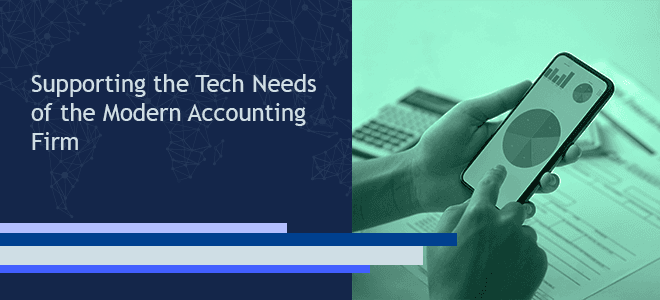



It’s easy to understand why criminals want to access and steal the data stored within your systems, cloud assets, and third-party apps. However, putting together a comprehensive IT security strategy isn’t simple to do in-house. Because our team lives in the cybersecurity world, we’re able to design and deliver IT protocols that are up-to-date and up to the task of guarding your data.
Whether it’s criminals leveraging ransomware or a local calamity like fire or flood that restricts your access to your data, a robust backup strategy is the answer. We help accounting firms maintain access to their process and client data with automated, regular, off-site data backups.
There are times in the year when unplanned IT downtime can derail your plans and disappoint your clients. We don’t want that for you. To help you avoid the pain—and cost—of unplanned downtime, we combine proactive IT maintenance and management protocols with reliable and time-sensitive IT answers and troubleshooting through our IT helpdesk. We are available to you and your staff, providing the support you need to use your network, computers, mobile devices, and applications effectively.